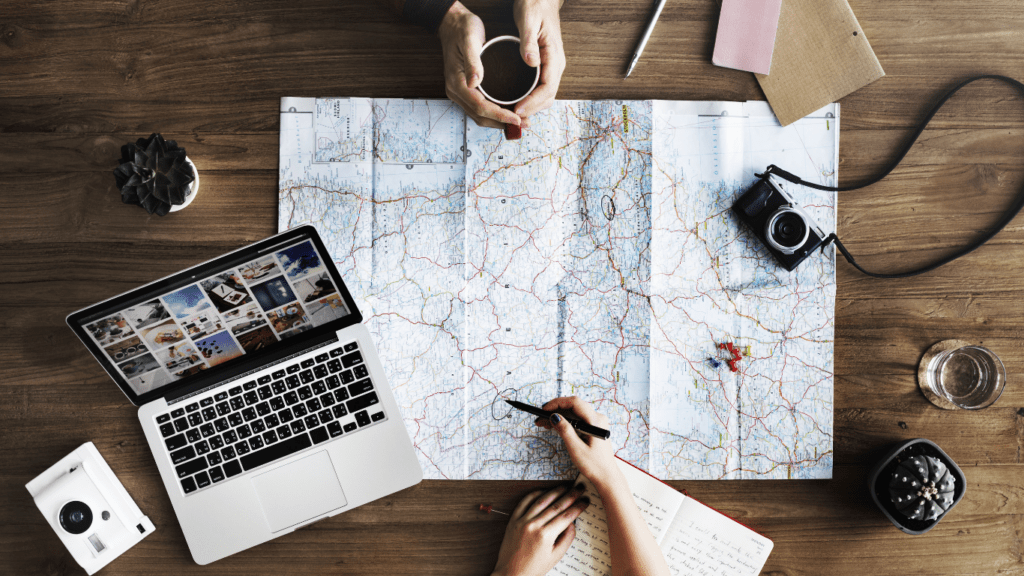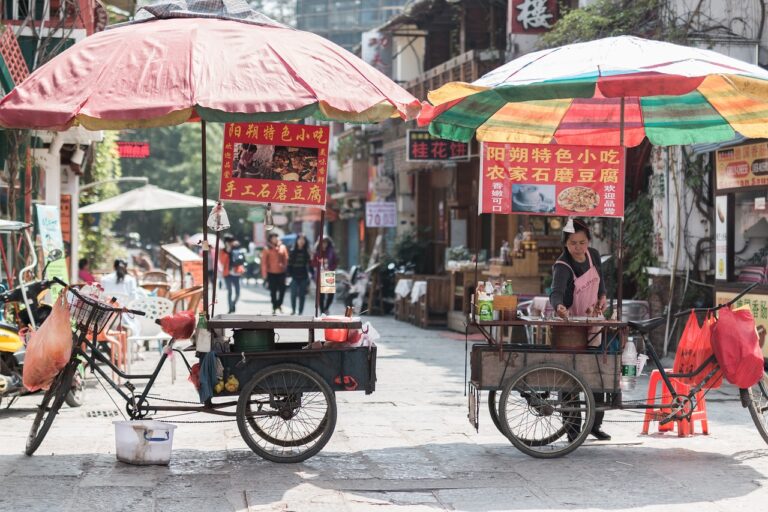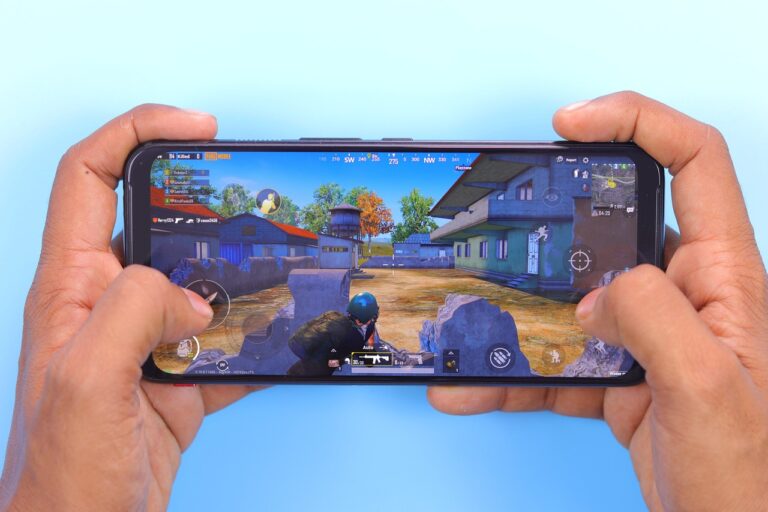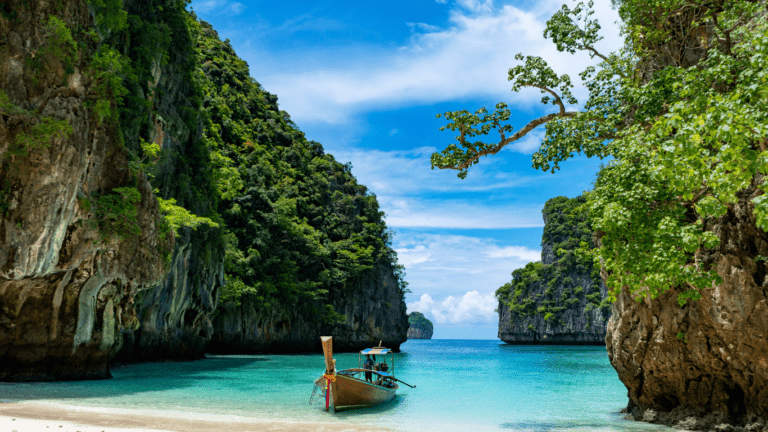As a digital nomad, the thrill of exploring new places while working remotely is unparalleled. But diving into the world of travel planning can feel overwhelming. From figuring out logistics to navigating visa requirements and ensuring reliable connectivity, every step is crucial for a seamless experience.
I’ve learned that effective planning can make all the difference between a smooth journey and a chaotic one. In this article, I’ll share essential tips and insights to help fellow nomads tackle these challenges head-on.
Let’s explore how to make your travel dreams a reality while maintaining productivity on the go.
Understanding the Digital Nomad Lifestyle
The digital nomad lifestyle centers on location independence and flexibility. It allows me to work remotely while exploring diverse cultures and environments. Balancing work with travel requires clear planning and discipline.
Key Characteristics
- Remote Work: Reliance on technology enables work from anywhere with an internet connection.
- Flexibility: Ability to choose work hours and locations based on personal preferences.
- Cultural Immersion: Opportunity to experience and engage with different cultures and communities.
Benefits
- Lifestyle Freedom: Freedom to travel frequently enhances personal growth and exploration.
- Networking Opportunities: Meeting fellow nomads fosters connections that can lead to collaborations.
- Cost-Effective Living: Many nomads choose destinations with lower living costs, maximizing savings.
Challenges
- Work-Life Balance: Maintaining productivity while traveling can require strict self-discipline.
- Visa Regulations: Navigating different countries’ visa requirements for extended stays is crucial.
- Internet Dependence: Reliable connectivity is essential, and finding suitable workspaces can be challenging.
Understanding the dynamics of this lifestyle helps me adapt efficiently and thrive as a digital nomad.
Key Considerations for Travel Planning
Effective travel planning requires clarity on objectives and a detailed budget. Recognizing priorities helps streamline the logistics of being a digital nomad.
Defining Your Travel Goals
Establishing clear travel goals guides planning. Consider your objectives, such as exploring new cultures, enhancing professional skills, or achieving work-life balance. Set priorities, like duration of stay, destinations of interest, and activities.
Aligning goals with your work schedule ensures productivity isn’t compromised. For instance, if pursuing cultural immersion, select locations with rich history and local engagement opportunities. Creating a destination list and ranking them by interest helps maintain focus.
Budgeting for Your Journey
Creating a budget lays a foundation for financial management. Identify fixed costs, including accommodation, transportation, and insurance. Factor in variable expenses like food, entertainment, and activities.
Use platforms that provide detailed cost breakdowns for different destinations, offering insights into local pricing. For example, living in Southeast Asia typically entails lower expenses compared to Europe. Set a monthly budget and track expenditures using budgeting apps to prevent overspending, ensuring that you maintain a sustainable lifestyle throughout your travels.
Navigating Logistics
Navigating logistics is crucial for a seamless digital nomad experience. Understanding transportation options and accommodations helps maximize productivity while exploring new locations.
Transportation Options
Transportation options vary significantly by region and affect travel flexibility. Consider the following:
- Flights: Booking in advance often provides the best rates. Low-cost carriers can offer affordable options for short flights.
- Trains: In many countries, trains offer efficient and scenic travel routes, making them a popular choice.
- Buses: Buses tend to be economical, especially for shorter distances or within cities.
- Rideshares: Utilizing rideshare services like Uber or Lyft can simplify local transportation.
- Bicycles: Renting bicycles promotes eco-friendliness and enables easy exploration of urban areas.
Evaluating transportation based on location, budget, and personal preferences enhances travel logistics.
Accommodations for Digital Nomads
Accommodations greatly impact the digital nomad lifestyle. Consider various options to find what’s best suited for your needs:
- Remote Work-friendly Hotels: Many hotels offer fast Wi-Fi, dedicated workspaces, and a quiet environment.
- Co-living Spaces: These provide not only lodging but also networking opportunities with fellow nomads.
- Short-term Rentals: Platforms like Airbnb offer flexibility to choose accommodations based on duration and budget.
- Hostels: Budget-friendly hostels often feature communal areas for social interaction and a chance to meet other travelers.
- Long-term Rentals: For those spending extended time in one place, leasing an apartment can save costs and provide a home-like environment.
Selecting accommodations based on work needs and lifestyle preferences ensures a comfortable and productive stay while traveling.
Visa Requirements for Remote Workers
Understanding visa requirements is essential for digital nomads who wish to work while traveling. Different countries offer various visa options tailored for remote workers, ensuring compliance with local laws and enhancing the travel experience.
Types of Visas Available
- Digital Nomad Visas: These visas cater specifically to remote workers, allowing them to live and work in a foreign country for a set duration. Countries like Estonia and Portugal offer programs that don’t require local employment.
- Tourist Visas: Many nomads use tourist visas to work remotely. These generally permit short stays, with durations varying from 30 to 90 days, depending on the country’s regulations.
- Work Visas: Some remote workers opt for a traditional work visa, which necessitates sponsorship by a local employer. This option restricts mobility and requires compliance with local labor laws.
- Student Visas: Enrolling in a course often leads to student visa eligibility. This option allows remote work while studying, provided local laws permit it.
- Business Visas: Short-term business visas allow attendance at meetings or conferences, making it possible to work remotely under specific conditions.
Application Process and Tips
- Research Requirements: Each country has distinct visa rules. I review official government websites or consult immigration services for accurate information on visa types, durations, and application prerequisites.
- Gather Necessary Documents: Prepare essential documents, such as a valid passport, proof of income, accommodation arrangements, and health insurance. Meeting documentation standards often eases the application process.
- Online Applications: Many countries facilitate online visa applications. I fill out required forms thoroughly to avoid unexpected delays.
- Plan Ahead: Apply well before departure to account for processing times. Some applications take weeks or even months.
- Check Extension Options: Some visas offer extensions or renewals. Understanding the process from the start helps me plan long-term travel goals effectively.
Ensuring Reliable Connectivity
Reliable connectivity is essential for productivity as a digital nomad. It directly impacts my ability to work effectively while traveling, so I prioritize finding the best solutions for my needs.
Choosing the Right Mobile Plan
Selecting the right mobile plan ensures seamless connectivity while traveling. I evaluate options based on coverage, data limits, and pricing to find a suitable provider. Key factors to consider include:
- International Roaming: I look for plans that offer affordable international roaming to maintain access to data when abroad.
- Local SIM Cards: I often consider purchasing a local SIM card upon arrival for better rates and service.
- Data Speeds: I prioritize carriers that offer 4G or 5G connectivity for reliable and fast internet access.
- Contract Terms: I opt for flexible, no-contract plans that accommodate my travel schedule and needs.
Staying connected with my mobile device provides a backup option for work and ensures I can communicate without interruption.
Finding Wi-Fi Locations
Identifying reliable Wi-Fi locations is crucial for uninterrupted work sessions. I take a strategic approach to locating Wi-Fi by considering:
- Cafés and Libraries: I frequently visit local cafés or libraries known for providing free Wi-Fi, which often offer a conducive work environment.
- Coworking Spaces: I search for coworking spaces that cater to digital nomads, providing high-speed internet and a professional setting.
- Public Parks: I explore parks that may feature public Wi-Fi, allowing for a pleasant ambiance while working outdoors.
- Accommodations: I confirm Wi-Fi availability at my accommodations before booking, ensuring I won’t face connectivity issues during my stay.
By actively seeking reliable Wi-Fi, I create a flexible workspace that supports my productivity goals as a digital nomad.

























































































































































































































































































































































































































































































































































































































































































































































































































































































































































































































































































































































